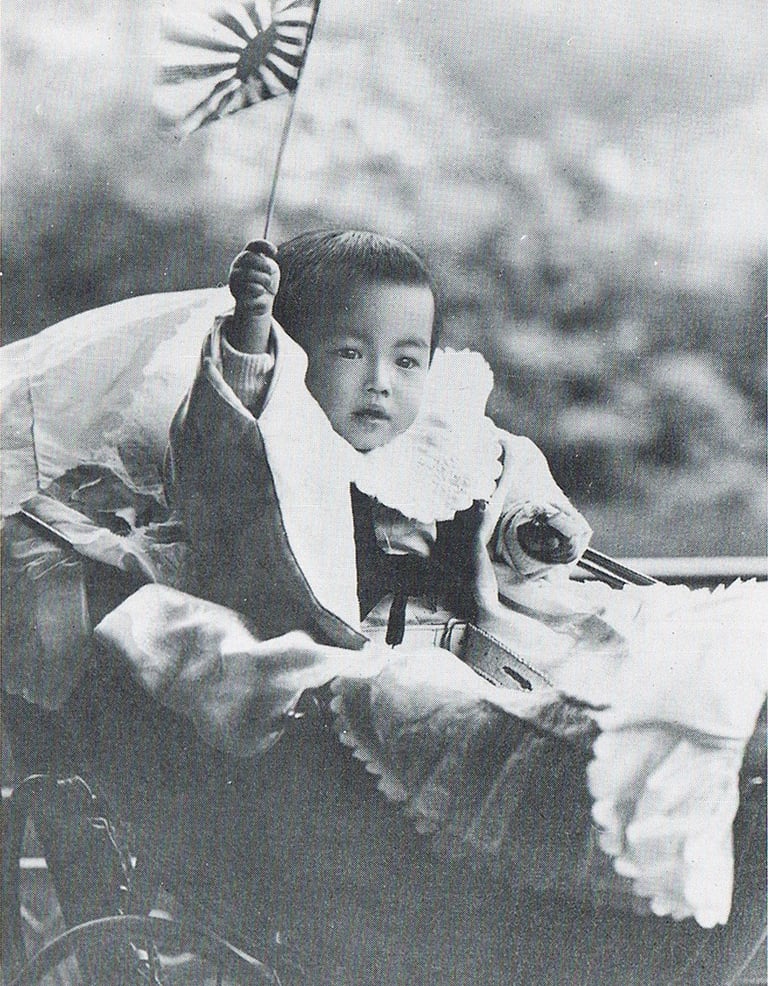
Showa Day: Honoring Japan’s Past and Shaping Its Future
Showa Day, observed on April 29, is a national holiday in Japan that honors the legacy of Emperor Showa. It encourages reflection on Japan’s history, from wartime struggles to post-war recovery and economic growth. This article explores the significance, history, celebrations, and impact of Showa Day, making it an insightful read for those interested in Japanese culture and history.
CULTURE/TRADITIONEVENT/SPECIALCELEBRATION/FESTIVALSJAPAN
Kim Shin
4/22/20254 min read


Showa Day (昭和の日, Shōwa no Hi) is a national holiday in Japan, observed on April 29 each year. It marks the birthday of Emperor Hirohito (posthumously known as Emperor Showa), who reigned from 1926 to 1989. This day is part of Japan’s Golden Week, a series of consecutive holidays that are highly anticipated across the nation. Unlike traditional celebrations that focus solely on festivity, Showa Day encourages reflection on Japan’s past and appreciation for the lessons history provides.
The History of Showa Day
Originally, April 29 was recognized as the birthday of Emperor Showa. After his passing in 1989, Japan’s government renamed the holiday "Greenery Day" (みどりの日, Midori no Hi), honoring his love for nature and environmental conservation. However, in 2007, April 29 was officially rebranded as Showa Day to emphasize the importance of looking back at the Showa era and contemplating Japan’s path to modernization and peace.
Understanding the Showa Era (1926–1989)
The Showa era was one of the most transformative periods in Japanese history, characterized by wartime struggles, post-war reconstruction, and rapid economic growth. Some key aspects of this era include:
Early Showa Period (1926–1945): This phase saw Japan’s involvement in World War II, culminating in significant devastation and eventual surrender in 1945. The war had a profound impact on Japanese society and politics.
Post-War Reconstruction (1945–1950s): Japan underwent a massive transformation, aided by the United States’ influence, rebuilding its economy, infrastructure, and democratic institutions.
Economic Miracle (1950s–1970s): During this period, Japan emerged as a global economic powerhouse, with innovations in technology, industry, and business.
Later Years (1980s): Japan solidified its position as one of the world’s leading economies, though it faced economic challenges towards the end of the decade.
Showa Day serves as a reminder of these historical milestones, encouraging the Japanese people to consider the resilience and evolution of their nation.
How Showa Day is Celebrated
Unlike some other Japanese holidays, Showa Day is not characterized by extravagant festivities. Instead, it is observed in a more contemplative manner:
Reflection and Education: Many Japanese citizens take this opportunity to learn more about the Showa era, visiting museums or engaging in discussions about history.
Visits to Shrines and Monuments: Some people visit Shinto shrines or historical sites related to the Showa period.
Community Activities: Public events and lectures may be organized to discuss the past and its impact on Japan’s future.
A Day of Quiet Appreciation: Since Showa Day marks the beginning of Golden Week, many people use it as a time for relaxation before the more celebratory holidays that follow.
Media and Documentaries: Japanese television and media outlets often air documentaries, interviews, and special programs discussing Emperor Showa’s reign and Japan’s historical development.
Public Discussions and Political Reflections: Politicians, historians, and educators sometimes use the occasion to discuss Japan’s role in global history and its responsibilities for maintaining peace.


Why Showa Day is Important
Encouraging Reflection
Unlike holidays that focus purely on celebration, Showa Day asks individuals to reflect on Japan’s historical journey—both its achievements and its struggles. Understanding history is crucial in shaping a better future.
Promoting National Unity
By acknowledging the hardships of the past and celebrating Japan’s resilience, Showa Day fosters a sense of national pride and unity.
Bridging Generations
For younger generations, Showa Day serves as an educational opportunity to learn about Japan’s transformation from war to peace and prosperity. It connects them with older generations who have lived through these changes.
Global Relevance
The lessons from the Showa era are not just for Japan but serve as a reminder for the world about the impacts of war, the importance of diplomacy, and the resilience needed for rebuilding a nation.
Economic and Cultural Growth
The Showa era saw Japan rise from devastation to become an economic and technological powerhouse. This period also contributed to Japan’s global cultural influence, from anime and cinema to technological advancements that still impact the world today.
Showa Day and Golden Week
Showa Day marks the beginning of Golden Week, which includes several other public holidays in Japan:
Constitution Memorial Day (May 3): Celebrates the enactment of Japan’s post-war constitution in 1947.
Greenery Day (May 4): Initially observed on April 29, this day now focuses on environmental awareness and appreciation of nature.
Children’s Day (May 5): Honors the happiness and well-being of children, as well as gratitude towards parents.
The close connection between these holidays makes Golden Week a significant period for travel, relaxation, and family gatherings in Japan.
Showa Day is more than just a day off—it is a moment of historical reflection. Whether through personal contemplation, educational pursuits, or quiet appreciation, the holiday plays an essential role in reminding Japan of its journey through the 20th century. As part of Golden Week, it sets the tone for appreciation, unity, and progress. In understanding the lessons of the Showa era, Japan continues to build a future rooted in peace and prosperity. By embracing this history, both Japan and the world can learn valuable lessons about resilience, growth, and the pursuit of lasting peace.
Subscribe To Our Newsletter
All © Copyright reserved by Accessible-Learning Hub
| Terms & Conditions
Knowledge is power. Learn with Us. 📚


